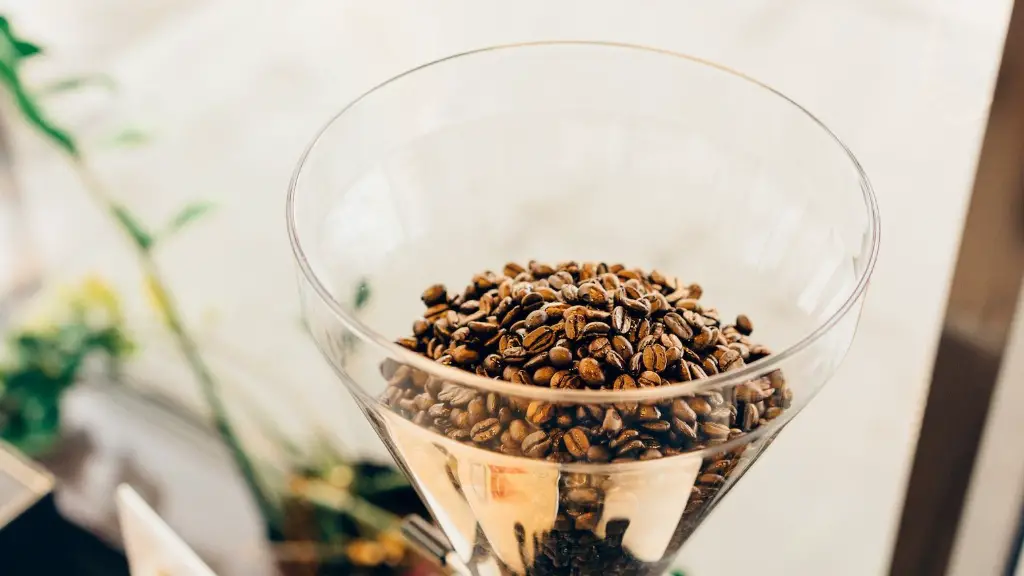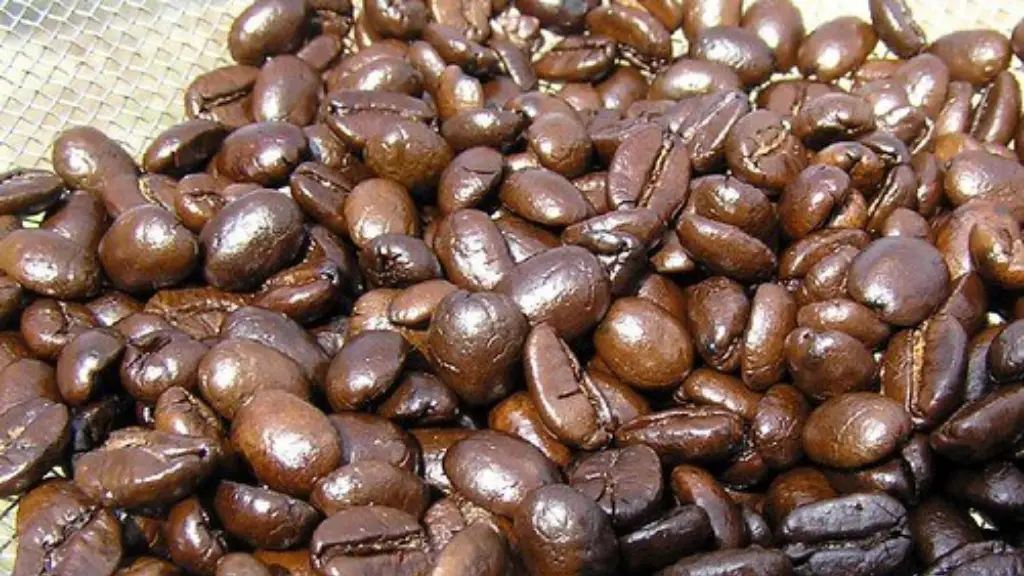Coffee is a beverage that is enjoyed by many throughout the world, but when it comes to pregnant women, is it ok to drink? On the surface, it would seem that as a “safe” beverage, it wouldn’t be an issue, but the truth is that when someone is pregnant, they should be careful of the amount they are drinking.
Coffee is high in the stimulant caffeine and a pregnant woman can have a hard time metabolizing that amount. All forms of caffeine, whether it is coffee, espresso, tea, soda, or energy drinks, can be potentially harmful to the baby. Some reports state that pregnant women should not consume more than 200mg of caffeine in a day. That is roughly 1 12oz cup of coffee, or 2 8oz cups.
When looking at the effects of caffeine when pregnant, increased blood pressure and heart rate can result. An increased risk of miscarriage has also come up in some studies. It’s not scientifically proven, but some symptoms such as elevated adrenaline in the baby can be seen as a result of caffeine.
In addition, caffeine is a diuretic. This can cause further dehydration and increase the risk of preterm labor. Caffeine can make it harder for the placenta to absorb essential nutrients, and can also increase the risk of low birth weight. If a woman is drinking too much caffeine while pregnant, the risks can really start to add up.
The better alternative could be to try decaffeinated coffee. While this version still contains some caffeine, it is usually only around 10-15% of a regular cup of coffee. This can help reduce the risks associated with having caffeine while pregnant. Herbal teas are another drink that don’t have as much caffeine, but still provide the flavor and comfort of a hot cup of tea or coffee.
Other drinks that are known to be safe for consumption during pregnancy are coconut water and fruit juices. Coconut water is known for its hydrating benefits, so a pregnant woman might want to increase her intake of water by adding some coconut water to her beverage routine. Fruit juices can also provide essential nutrients without the dangerous levels of caffeine.
In the end, it’s important that pregnant women pay attention to their caffeine consumption in order to make sure it is at the lowest possible level. As long as a woman drinks no more than 2 cups of coffee, or the equivalent amount of other caffeinated beverages, she should be able to enjoy her drinks without having to worry about the health of her baby.
Informed Decisions
In the case of pregnant women, it is important for them to stay informed when it comes to the effects of caffeine on their unborn child. A good rule of thumb to keep in mind is to limit the amount of caffeine that is consumed in a day to 200mg. That equates to one 12oz standard cup of coffee or two 8oz cups of tea. If the pregnant woman decides to have more than that, it is important to keep an eye out for any signs of harm or complications to their unborn child.
It is also important to research the types of drinks being consumed as not all caffeine sources are the same. Energy drinks, chocolate, and soda are especially high in caffeine and should be limited, if not avoided altogether. Even though the information might seem overwhelming, understanding all the potential side effects, research and medical advice can help pregnant women make better informed decisions about their caffeine intake.
Coffee Alternatives
If limiting caffeine is not an option, there are several coffee alternatives that can be consumed during pregnancy. Decaffeinated coffee and tea can be consumed in moderation, but it is important to research the source to make sure it has not been produced with unnecessary chemicals during the decaffeinating process. Herbal teas such as chamomile and ginger are also options for having a hot beverage with less caffeine.
Fruit juices are another good option as they are high in essential nutrients and not as high in caffeine as other drinks. Coconut water can also be used as a mid-day pick-me-up without the caffeine, as it is known for its hydrating benefits.
Caffeine and Sleep
When it comes to caffeine, one of the main reasons pregnant women should limit their intake is because it can disrupt their sleep cycle. It can cause difficulty in falling asleep and staying asleep, which is already a struggle for many pregnant women.
Caffeine can remain in the body for up to 6 hours, so if consumed in the late afternoon or evening, it can disrupt the quality of sleep. This can cause tiredness, decreased cognitive processing and irritability. Due to this, a pregnant woman should limit her caffeine intake to no later than midday.
Caffeine Withdrawal
It is also important to remember that if a pregnant woman decides to reduce her caffeine intake that over time her body will become accustomed to lower levels of caffeine. While it can be tempting to go cold turkey, it is best to reduce the intake slowly so that the body can adjust easily.
This can also help with the side effects of quitting caffeine. Some of the symptoms of caffeine withdrawal can be headaches, increased irritability, and an energy crash. Reducing the intake slowly can help lessen some of the effects of quitting caffeine.
Mental Health
The level of caffeine consumed by pregnant women is also important for their mental health. Caffeine can cause increased anxiety, irritability and feelings of depression for pregnant women. It can also decrease the amount of serotonin in the body, which is linked to mood disorders.
By reducing the amount of caffeine a pregnant woman has, she can help ensure that she is able to keep her mental health in check and reduce the risk of any mental health issues.
Conclusion
Overall, pregnant women should be aware of the risks associated with consuming too much caffeine while pregnant. While it can be tempting to indulge in a hot cup of coffee, it is important to keep in mind the potential harm to the unborn baby if too much is consumed. Making informed decisions and staying up to date with the latest research can help pregnant women keep their consumption of caffeine to a healthy level.




